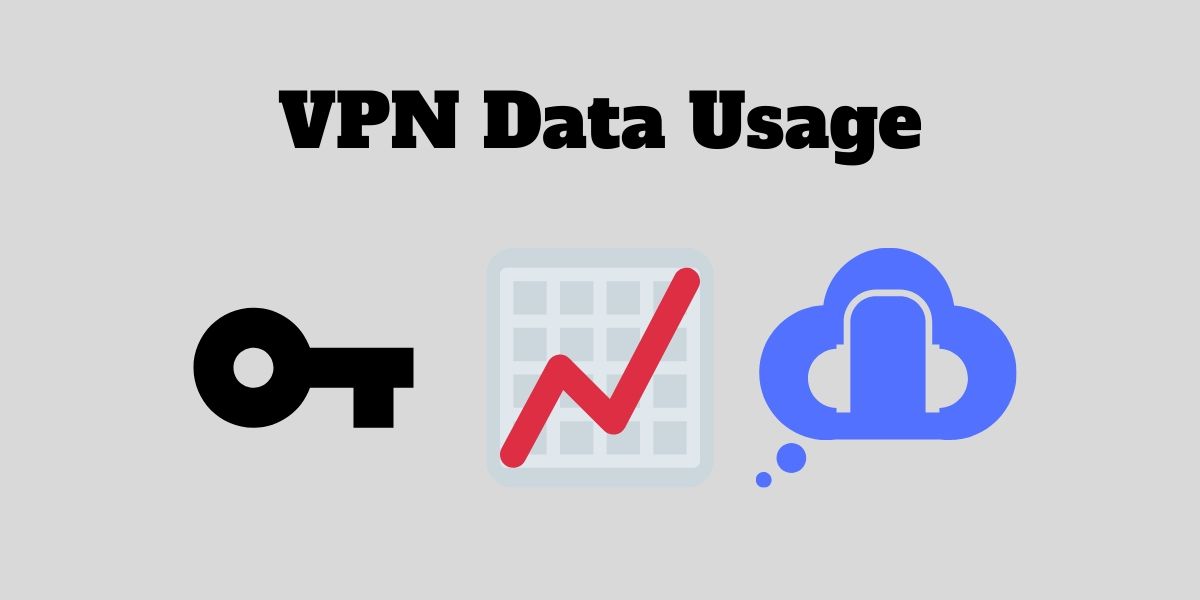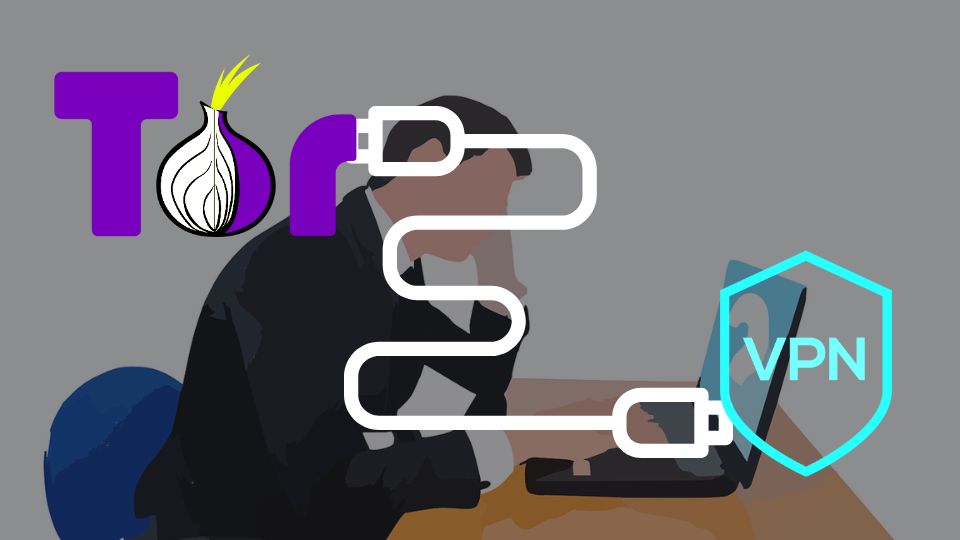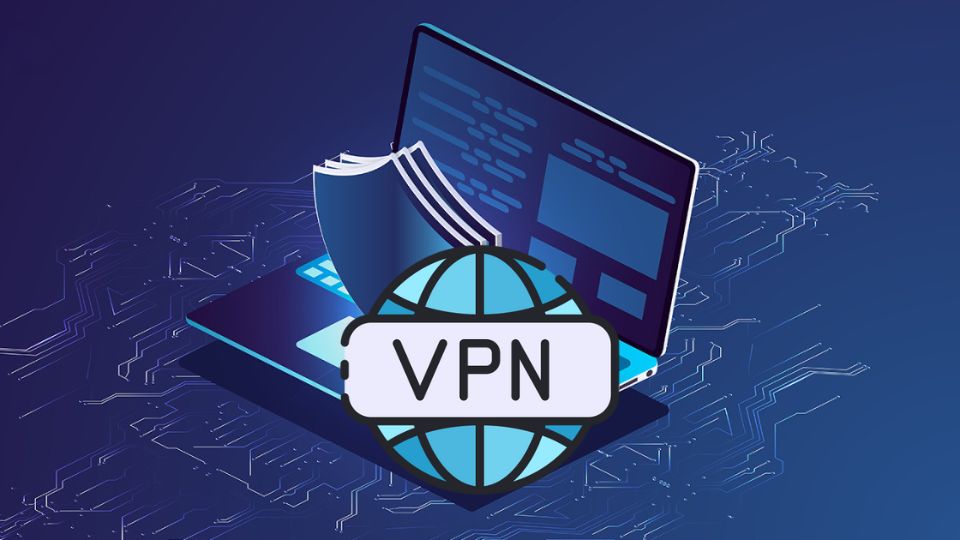This post may contain affiliate links. As an affiliate, we earn from qualifying purchases. We get commissions for purchases made through links in this post.
Using the Internet via a VPN will increase your data usage to a certain extent. Some additional overhead will be imposed. But how much data will it be? In this article, we are going to discuss that in detail.
Because you are not connecting to the Internet directly, you will have to expect some traffic increase. VPN providers will be using some additional data to make sure your connection is kept secure and private. This is due to the nature of the VPN and the way it is implemented.
Why does a VPN use more data compared to a direct Internet connection?
When using the Internet via a VPN, your device is going to be exchanging data with a VPN server.
First of all, you are going to connect to that server. This is going to use some data already.
In addition to establishing a connection, a VPN tunnel is going to be created between your device and a VPN server. This tunnel will always be encrypted, no matter what VPN provider you will be using. Depending on the encryption type and connection protocol, your data usage will get increased correspondingly.
Some VPNs that offer a double-VPN feature will make your data usage increase even more if you choose to enable that feature. This is due to your traffic will get double-encrypted, resulting in a 2x data usage rise compared to a standard VPN server.
How much additional data will the VPN connection consume?
Now, this depends on the protocol, your VPN provider will choose to use. Some older protocols will often consume much more data than modern ones. Also, usually, there is one rule that applies – the more secured your connection is (e.i. more encrypted) – the more data it is going to use.
On average, your VPN provider is going to make your traffic rise from 7% to 15%. This all depends on the VPN server you connect to, and the protocol it is going to use.
Some of the best VPNs will usually choose the protocol very intelligently, depending on your purpose for using a VPN. There are protocols that work best for streaming, while others work better for browsing the Web. There are a bunch of profiles usually available when using modern VPN apps.
Which protocols use less data than the others?
As mentioned above, some protocols will imply smaller ones, and some will imply higher data usage overhead. For reference, here are the most common VPN protocols, and their data usage:
- PPTP – once popular, but now obsolete – low data usage, with lower security
- L2TP/IPSec – mature, but still popular protocol – low data usage, with medium security
- OpenVPN – industry-standard protocol – low data usage with decent security
- Stealth OpenVPN – special implementation of the OpenVPN – moderate data usage, with moderate security
- 256-bit L2TP/IPSec or the OpenVPN – 256-bit version of previously mentioned protocols – moderate data usage, improved security
- 256-bit Stealth OpenVPN – 256-bit version of the Stealth OpenVPN – offers the best security, but the data usage is going to be the highest
Bottom line
No matter what type of protocol you will choose, there will always be some data usage increase with a VPN. With that said, you won’t be suffering from more than 7% – 10% traffic spikes, when connecting to a VPN. With nowadays’s high to unlimited bandwidth plans that your ISP does offer, there is nothing to worry about.
Just make sure you choose one of the best VPNs, so your traffic increase will be balanced with the security and privacy levels you gain with that.



